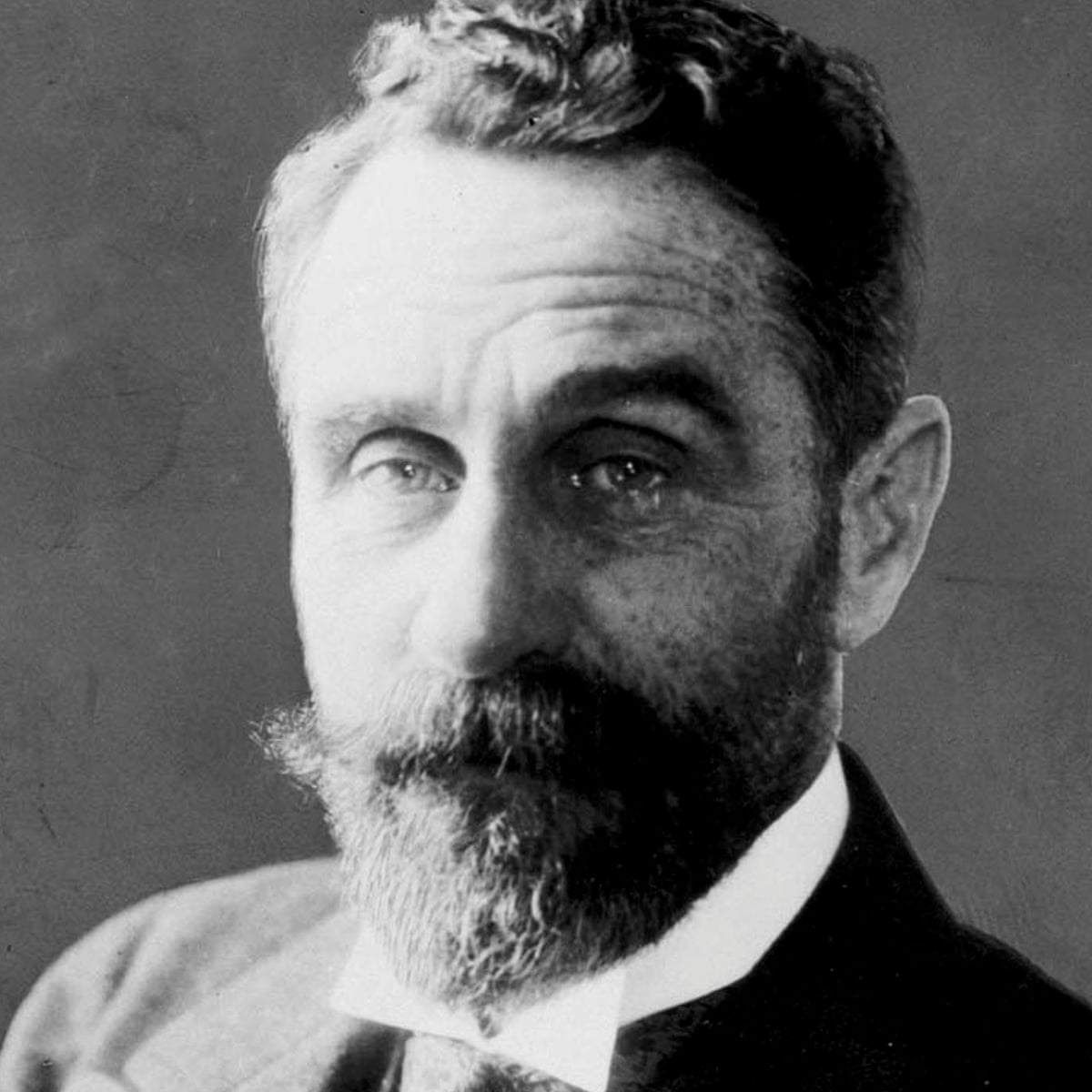Roger Casement, born on this day in 1864, was a human rights journalist and Irish revolutionary who exposed imperialist atrocities in the Congo and Peru. He was executed by the British for trying to raise military aid for the 1916 Easter Rising.
Casement began his career working for Henry Morton Stanley and the African International Association, a front for King Leopold II of Belgium in his colonization of the Congo.
In 1890, Casement met Joseph Conrad, who had come to the Congo to pilot a merchant ship. According to author Liesl Schillinger, both were inspired by the idea that "European colonisation would bring moral and social progress to the continent and free its inhabitants 'from slavery, paganism and other barbarities.' Each would soon learn the gravity of his error."
In 1904, he published the "Casement Report", which, via direct interviews with workers, overseers, and mercenaries, exposed the enslavement, mutilation, and torture of natives on the rubber plantations. The report caused an international scandal and led to various reform organizations in the West.
A few years later, Casement traveled to the Putumayo District in South America, where the rubber was harvested deep in the Amazon Basin, and exposed the treatment of indigenous people in Peru. Finding conditions just as inhumane as what he witnessed in the Congo, Casement interviewed both the Putumayo and men who had abused them, publishing his findings in a first-person narrative that again caused an international scandal.
In November, 1914 Casement helped form the Irish Volunteers. He traveled to both the United States and Germany to promote the Irish nationalist cause and acquire aid for it.
In 1916, he was captured by the British government and charged with high treason. During trial proceedings, the government secretly circulated alleged excerpts from Casement's journals, exposing him as a homosexual. The authenticity of these documents is still debated today.
Casement was hanged at Pentonville Prison on August 3rd, 1916 at 51 years old.
"Self government is our right, a thing born to us at birth a thing no more to be doled out to us by another people then the right to life itself then the right to feel the sun or smell the flowers or to love our kind."
- Roger Casement
